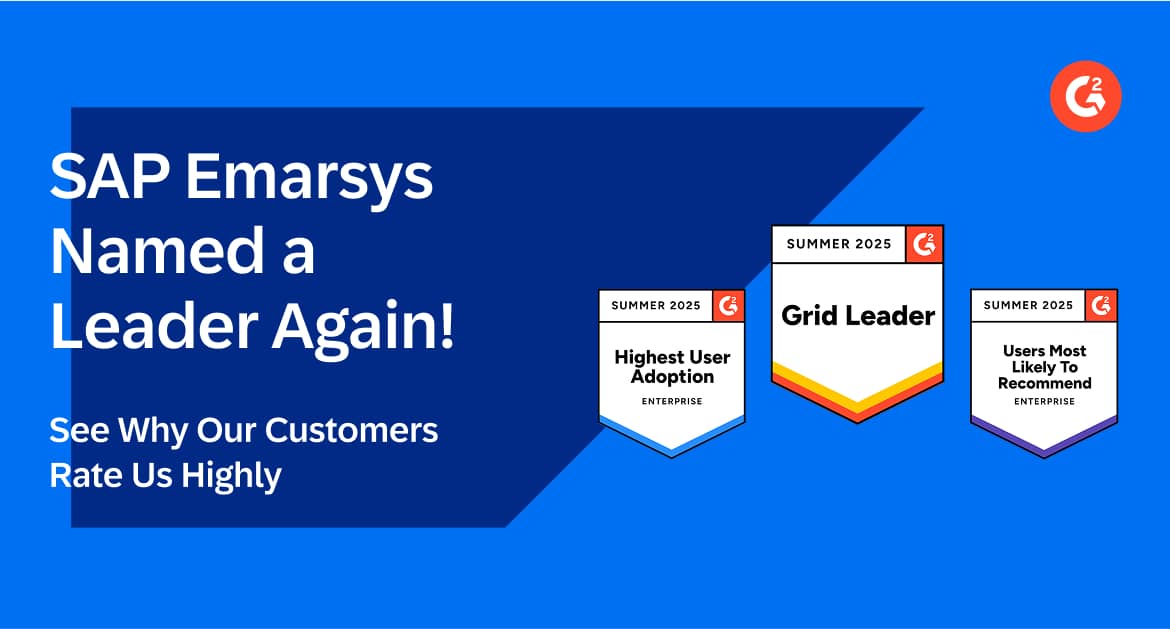In September 2023, Apple will release iOS 17. Along with the standard improvements and usability updates, they are including an additional privacy feature that has some marketers in a spin: Link Tracking Protection (LTP). So many brands are asking themselves: what does the iOS17 update mean for marketers?
Let’s dive in and unpack this new update.
What is Link Tracking Protection?
First, let’s review what Link Tracking Protection is. Here’s how Apple describes it in its press release:
“Some websites add extra information to their URLs in order to track users across other websites. Now this information will be removed from the links users share in Messages and Mail, and the links will still work as expected. This information will also be removed from links in Safari Private Browsing.”
In practical terms, this means removing some URL tracking parameters from links when using the Safari browser, and also when sharing links using Messages and Apple Mail.
Example:
- Before LTP: https://example.com/ad_engagement?click_id=YmVhODI1MmzMNGU&campaign_id=23
- After LTP: https://example.com/ad_engagement?campaign_id=23
The result of this will be that response tracking for any messages passing through the Apple ecosystem will be reduced to anonymous numbers, which, at first, might sound like bad news for anyone with an interest in tracking how customers interact with links. However, this may not be as dire as it seems.
Should you be worried?
You’re probably wondering what the implications of these changes mean for your marketing, and whether or not you should be worried. We think not.
Here are a few things to consider:
- Emarsys links are not yet under the spotlight. There are sites like this one that are monitoring which parameters will be removed, and Emarsys does not feature on the list. Furthermore, in our own internal tests, we have opened email campaigns on Safari in private browsing and were still able to track the links clicked.
- As we continue to evaluate the situation, consider focusing on capturing first- and zero-party data from customers at every touchpoint. Use this qualified information to deepen personalized engagements based on their given preferences and behaviors.
- Additional considerations:
- Lead with transparency and customer consent by allowing customers to choose how they want to be communicated with
- Engage with customers directly using online forms, product reviews and ratings, and loyalty/rewards sign ups.
- Broaden your reach using an omnichannel customer engagement strategy that includes mobile channels, digital ads, and in-store.
So for now, it looks like no Emarsys customers will be affected by the release of iOS 17.
If you’ve been in marketing for a while, you’re familiar with the potential upheavals that loom when Apple announces a new update. Who can forget the release of iOS15, with its impact on the tracking of email opens? Everyone adapted, and we moved forward. As of now, it looks like iOS17 is not poised to make a big impact on how we track customer behavior.
As with all things Apple, of course, this may change. Apple’s market share is simply too big to be complacent, so are constantly monitoring and testing our links. One proactive thing you can do is to be diligent about doing the same. As always, we’ll communicate promptly if we spot any changes that might affect our customers.
iOS 17 is a nice update, but there aren’t many huge features. Many of the best ones, including NameDrop, FaceTime and Messages improvements, and the new Contact cards, require other people who are also using iOS 17. The only feature to watch, thus far, is Link Tracking Protection.
What’s the takeaway for marketers?
Privacy settings are tightening and can be expected to continue to do so as consumers demand more control over how their data is used. That need not spell doom for brands who are focused on building relationships with their customers and prospects.
As any savvy marketer knows, for some time the name of the game has been to prioritize gaining consumers’ consent to collect first-party data. Robust data that customers turn over freely as part of a well-thought-out loyalty plan gives marketers the capacity to personalize experiences and delight customers and is the ultimate hedge against changes by tech companies like Apple and Google.











